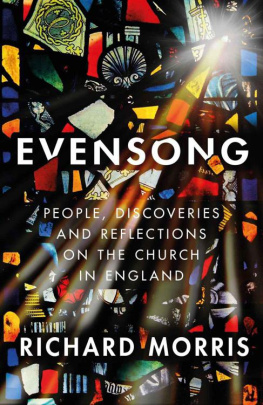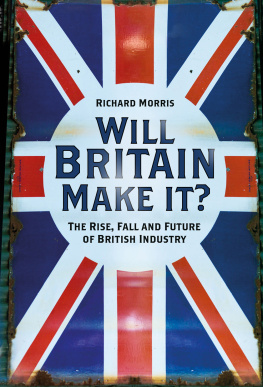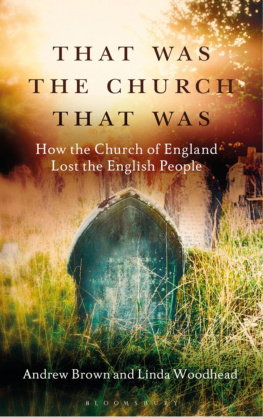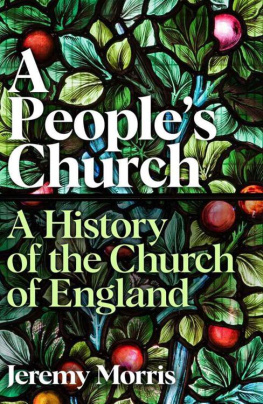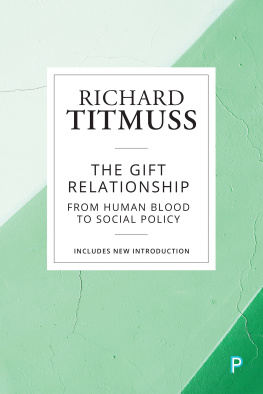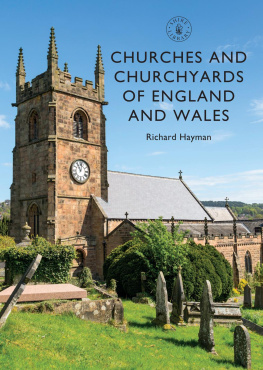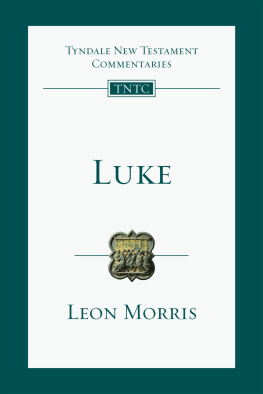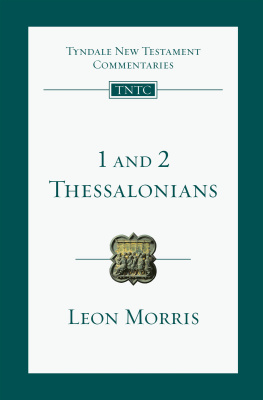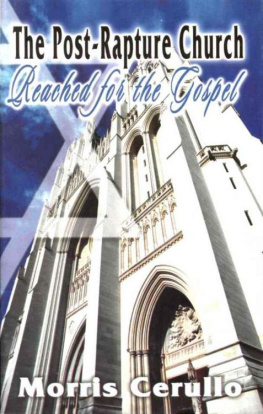Richard Morris - Evensong: People, Discoveries and Reflections on the Church in England
Here you can read online Richard Morris - Evensong: People, Discoveries and Reflections on the Church in England full text of the book (entire story) in english for free. Download pdf and epub, get meaning, cover and reviews about this ebook. year: 2021, publisher: Orion, genre: Religion. Description of the work, (preface) as well as reviews are available. Best literature library LitArk.com created for fans of good reading and offers a wide selection of genres:
Romance novel
Science fiction
Adventure
Detective
Science
History
Home and family
Prose
Art
Politics
Computer
Non-fiction
Religion
Business
Children
Humor
Choose a favorite category and find really read worthwhile books. Enjoy immersion in the world of imagination, feel the emotions of the characters or learn something new for yourself, make an fascinating discovery.
- Book:Evensong: People, Discoveries and Reflections on the Church in England
- Author:
- Publisher:Orion
- Genre:
- Year:2021
- Rating:4 / 5
- Favourites:Add to favourites
- Your mark:
- 80
- 1
- 2
- 3
- 4
- 5
Evensong: People, Discoveries and Reflections on the Church in England: summary, description and annotation
We offer to read an annotation, description, summary or preface (depends on what the author of the book "Evensong: People, Discoveries and Reflections on the Church in England" wrote himself). If you haven't found the necessary information about the book — write in the comments, we will try to find it.
Richard Morris: author's other books
Who wrote Evensong: People, Discoveries and Reflections on the Church in England? Find out the surname, the name of the author of the book and a list of all author's works by series.
Evensong: People, Discoveries and Reflections on the Church in England — read online for free the complete book (whole text) full work
Below is the text of the book, divided by pages. System saving the place of the last page read, allows you to conveniently read the book "Evensong: People, Discoveries and Reflections on the Church in England" online for free, without having to search again every time where you left off. Put a bookmark, and you can go to the page where you finished reading at any time.
Font size:
Interval:
Bookmark:
For Rosemary Cramp

CONTENTS
Angel: a messenger, intermediate between God and people
Anglicanism: doctrine and practice maintained by Christians in communion with the see of Canterbury
Ant[iphon]: sentence sung or said before or after a psalm or canticle
Archdeacon: cleric with an administrative role delegated by a diocesan bishop
Archdeaconry: group of parishes overseen by an archdeacon
Benefice: originally a grant of property in exchange for services, the term has evolved to signify an ecclesiastical office normally a rectory, vicarage, or perpetual curacy in which revenues assigned to it are used to support the holders performance of specified duties (whence also beneficed and unbeneficed). Historically, a benefice was usually coextensive with a parish; today, it may embrace a number of pastoral units
Bishop: the highest order in Christian ministry. In the Anglican Communion, a bishop is held to be differentiated from a priest by the power to confer Holy Orders and to dispense the rite of confirmation
Canon (1): title of clergy belonging to a cathedral or collegiate church
Canon (2): in law, a term that distinguishes ecclesiastical from civil enactments. Today, Canon Law is used to cover the Churchs organisational and administrative rules generally
Canticle: song or prayer derived from the Bible which forms a part of liturgical worship
Cathedral: church containing a cathedra (chair) that denotes the office and authority of a diocesan bishop
Chantry: an office or benefice endowed for the singing or saying of masses for the souls of the founder and others in the founders circle. By extension, an altar or chapel at or in which such masses were said
Chapel (1): church subordinate to a parish church, often provided for the ease of parishioners living in outlying parts or where access to the parish church is difficult
Chapel (2): space within a church with a separate altar, often dedicated to its own saint
Chapel (3): place of worship reserved for an institution (e.g., college, royal household)
Chapel (4): term used in contradistinction to Church to denote members of dissenting denominations (as in Church and Chapel)
Chaplain (1): priest who serves a chapel
Chaplain (2): priest appointed to serve an institution (e.g., hospital, branch of armed services, prison)
Chapter: body of self-governing clergy
Church Assembly: body made up of Houses of Bishops, Clergy and Laity, brought into being by the Enabling Act 1919 to deliberate on all matters concerning the Church of England and make provision for them. Replaced by General Synod in 1970
Clerk in Holy Orders: formal term denoting a bishop, priest, or deacon
Close: enclosed area around a cathedral, originally walled and gated, containing ancillary buildings, houses for clergy, and a bishops palace
Collegiate church: church served by a self-governing body of secular (i.e., not monastic) clergy under the charge of a dean or provost
Confirmation: rite whereby grace of the Holy Spirit is gifted and ratifies vows taken at baptism
Crypt: in original sense, somewhere hidden; now: a chamber, usually subterranean or semi-subterranean, beneath the main body of a church
Curate: the word today denotes an unbeneficed cleric often newly or recently ordained and under training who assists an incumbent. In earlier use it denoted any clergyman who had the cure of souls
Deacon: one ordained into the lowest of the three ranks of Anglican ministry (deacon, priest, bishop)
Dean (1): head of a cathedral chapter or collegiate church
Dean (2): a rural dean assists the bishop in administration of a group of churches that form a subdivision of archdeaconry
Diocese: basic territorial unit of ecclesiastical governance, administered by a bishop
Eucharist: act of thanksgiving in Christian worship, and focus of controversy at the Reformation as between those who upheld the doctrine that Christs body and blood coexist in consecrated bread and wine, and those who regarded the Lords Supper either as commemorative or as a transfer of virtue
Evangelicalism: outlook founded on the tenet that salvation comes only by divine grace, awarded in response to faith, not as something a sinner may earn through merit
Faculty: legal grant of permission enabling work to a church or churchyard to be done
General Synod: Church of England governing body (from 1970), which considers and approves legislation, frames new forms of worship, debates matters of importance, and approves the Churchs annual national budget
Glebe: land assigned for the maintenance of a parochial incumbent
High Church: tendency in the Church of England that puts weight on continuity from Catholicism, and upholds the nature of the sacraments and exceptional role of bishops. High Church opinion can be traced from the sixteenth century, but following abeyance from the late seventeenth through the eighteenth century it was restored to prominence from the 1830s by the movement centred on Oriel College, Oxford, which produced Tracts for the Times (whence Tractarian)
Incumbent: holder of a benefice
Liturgy: a formal set of words, music and actions prescribed for use in worship
Lych-gate: (from OE lic , a corpse) covered gateway into a churchyard
Mass: an early medieval term for the Eucharist which in Anglican usage has become associated with High Churchmanship
Minister: (from Latin minister , a servant) one who is authorised to perform spiritual duties in the Church
Monastery: community living under religious discipline; by extension, the site and buildings so occupied
Ordination: consecration that translates an individual from lay to clerical status and authorises the performance of particular rites and ceremonies
Parish: territorial unit for the cure of souls, which today may be served by a rector, vicar, priest-in-charge, group, or team
Parson: originally and strictly, the holder of a benefice who possesses its rights that is, the rector (from Latin persona , literally the person to whom Gods property in a parish was assigned)
Parsonage: house assigned for the use of a rector or vicar
Patron: in Anglican use, an individual, office, or institution with the right to appoint or present a member of the clergy for a vacant benefice. In the past, this right could be bought, sold, or gifted
Priest: one who has been admitted to the order of priesthood by a bishop, with authority to celebrate mass and provide cure of souls
Priest-in-charge: one who is in charge of a parish but is not its incumbent
Real presence: doctrine that Jesus is present sacramentally in the Eucharist
Rector: an individual or body in receipt of the income of a rectory. The rector may appoint a vicar (from Latin vicarius , a deputy) to perform the duties of the rectory
Rectory: the rights and duties of a rector; by extension, the rectors house
Saint: one who has a close and special relationship with God, and by extension may be regarded as a protector or advocate for instance, of a nation, place, or family
R[esponse]: congregational reply to a versicle
See: (from Latin sedes , a seat) in ecclesiastical use, a chair that symbolises the authority of a bishop
Stipend: money paid to enable work to be done, but not in commercial proportion to it
Suffragan: in the Anglican Church, a bishop under the authority of a diocesan bishop
Tithe: former tax of one tenth on produce or earnings taken for support of clergy
V[ersicle]: sentence sung or said by a minister to which the congregation responds
Vicar: (from Latin vicarius , a deputy) one who is appointed to undertake the parish duties of a rector
Next pageFont size:
Interval:
Bookmark:
Similar books «Evensong: People, Discoveries and Reflections on the Church in England»
Look at similar books to Evensong: People, Discoveries and Reflections on the Church in England. We have selected literature similar in name and meaning in the hope of providing readers with more options to find new, interesting, not yet read works.
Discussion, reviews of the book Evensong: People, Discoveries and Reflections on the Church in England and just readers' own opinions. Leave your comments, write what you think about the work, its meaning or the main characters. Specify what exactly you liked and what you didn't like, and why you think so.

